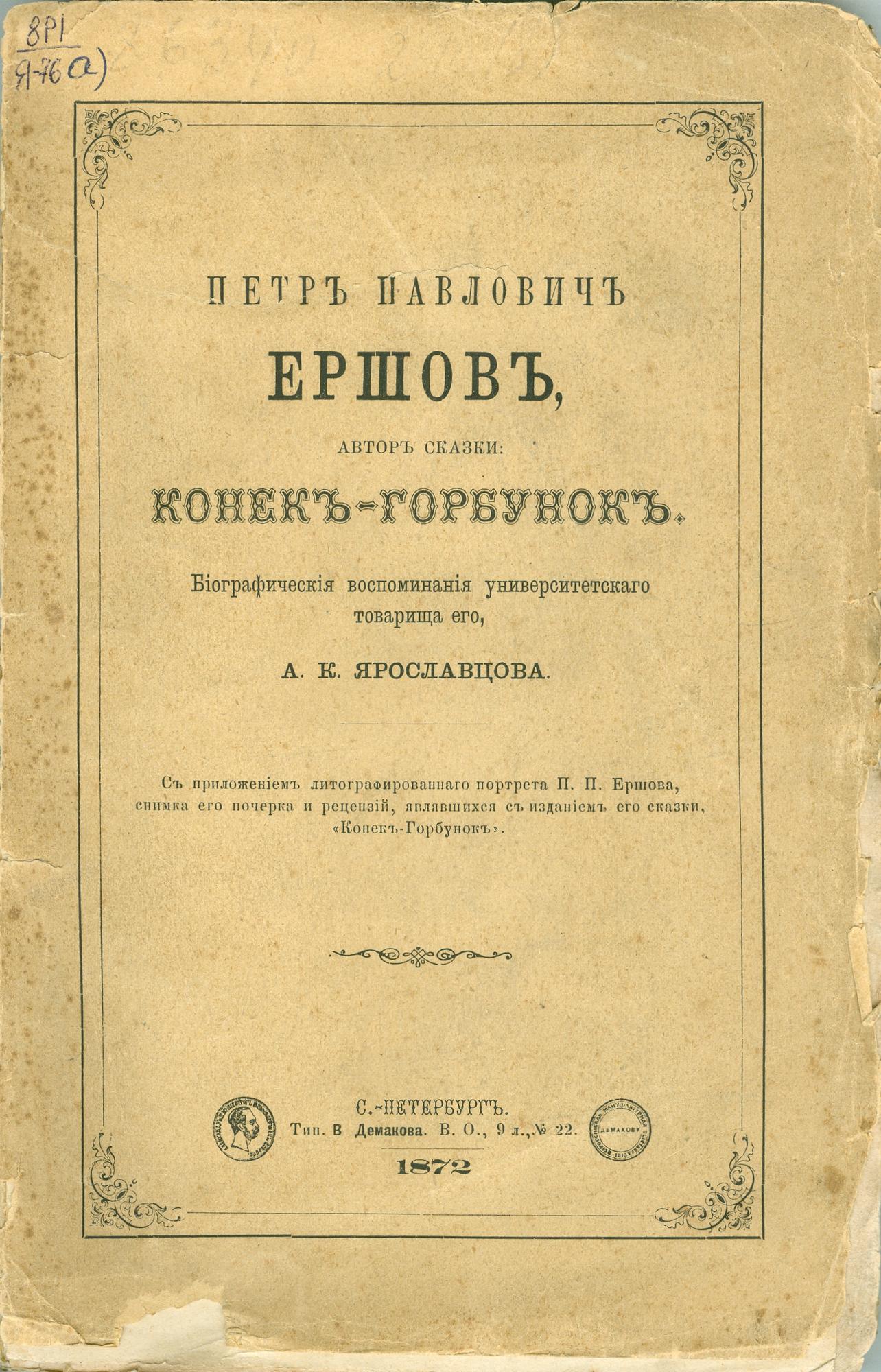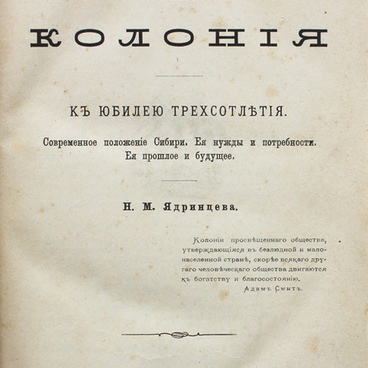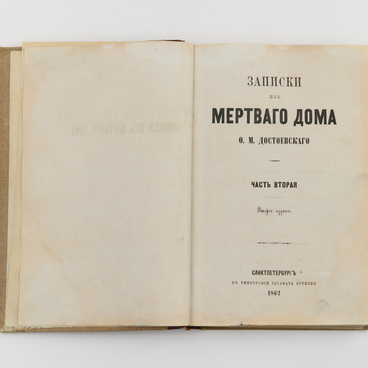The book is a compilation of biographic recollections of Andrei Yaroslavtsev, university fellow of Pyotr Yershov.
Andrei Yaroslavtsev was a writer and Pyotr Yershov’s friend and first biographer. He graduated from the Faculty of Philosophy and Law of Saint Petersburg University. He served as a censor in Saint Petersburg. He also worked in magazines “Otechestvennye ZapIski” (Domestic Notes), “Biblioteka dlya Chteniya” (A Library for Reading), “Syn Otechestva” (Motherland’s Son), ‘LiteratUrnaya GazEta’ (Literary Newspaper), and others. Author of ‘Musician’s Love’, “Prince Vladimir Andreyevich Staritsky”, “A Promenade to Imatra”, “In the Country and At the Ball”, “On Hamlet”s Personality in the Shakespeare”s Tragedy”, “Nadezhda Alexandrovna Destunis”, and others.
The book “Pyotr PAvlovich Yershov, author of the fairy-tale poem The Little Humpbacked Horse” recollects the two writers during their university years and includes fragments from Yershov’s letters. Yaroslavtsev wrote the book shortly after the death of the author of the Humpbacked Horse based on his huge private collection of Yershov’s letters. The publication is valuable as being the earliest to shed light on the life of Yershov and the creation of the Humpbacked Horse. Evaluating the significance of the famous fairy-tale, Yaroslavtsev put Yershov on a par with Ippolit Bogdanovich and Alexander Griboyedov who both perpetuated their names in the history of Russian literature with a single work, the former with Dushenka and the latter with Woe from Wit.
In the book, Yershov’s biographer gives a lot of facts we have to take on trust because little proof survived to this day. However, this is the book that all further biographic researches and articles on Pyotr Yershov are based on.
Yaroslavtsev wrote, ‘And, apparently, Yershov was getting more and more burdened by staying in Saint Petersburg. Even in our small group where he needed not to be ashamed of anything, he would sometimes say, “I wish I could leave your Petersburg sooner!” <…> He didn’t go to museums or theaters. He rejected invitations to a theater. He also rejected the wedding of my distant, yet respected by him, relative because the manner of celebration was too pompous for him. He wasn’t interested at all…’



